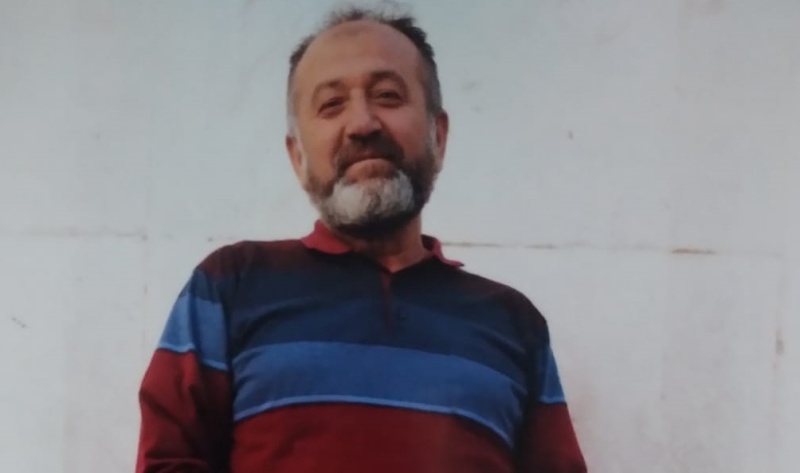A former teacher who was imprisoned for alleged links to the Gülen movement said in a letter to his family that his health had taken a turn for the worse in prison and that he was in constant pain, the Bold Medya news website reported.
Veysel Tıkaç, 55, said he suffered from chronic heart disease, diabetes and renal failure. He complained that he had constant chest pain and could barely climb the stairs. Moreover, Tıkaç said he could not participate in basic sports activities and had become physically weaker.
Tıkaç had nine heart stents, two of which were implanted while he was in prison. Although Tıkaç needs another stent, his doctors do not want to operate on him, saying he might not survive the procedure.
Tıkaç’s family had previously called on authorities to release him so he could seek proper treatment.
“My husband suffers from renal failure and diabetes in addition to his heart problem,” Tıkaç’s wife said. “Doctors believe another operation may be too much for him, and the medication he takes has severe side effects. We are constantly worried about his health.”
According to a report drafted by the Human Rights Association (IHD) in December, 2020, Tıkaç appeared very weak, his kidneys were failing and his blood vessels had thinned. The IHD said Tıkaç needed to be released immediately to seek proper medical treatment.
Tıkaç was summarily dismissed by a government decree from his job in September 2016. He was arrested in July 2017 and sentenced to 15 years in prison.
Turkish President Recep Tayyip Erdoğan has been targeting followers of the Gülen movement, a faith-based group inspired by Turkish cleric Fethullah Gülen, since the corruption investigations of December 17-25, 2013, which implicated then-Prime Minister Erdoğan, his family members and his inner circle.
Dismissing the investigations as a Gülenist coup and conspiracy against his government, Erdoğan designated the movement as a terrorist organization and began to target its members. He intensified the crackdown on the movement following a coup attempt on July 15, 2016 that he accused Gülen of masterminding. Gülen and the movement strongly deny involvement in the abortive putsch or any terrorist activity.
Human rights activists and opposition politicians have frequently criticized authorities for not releasing critically ill prisoners so they can seek proper treatment.
According to the Human Rights Association (İHD), as of June 2020 there were more than 1,605 sick inmates in Turkish prisons, approximately 600 of whom were critically ill. Although most of the seriously ill patients had forensic and medical reports deeming them unfit to remain in prison, they were not released. Authorities refuse to free them on the grounds that they pose a potential danger to society. In the first eight months of 2020, five critically ill prisoners passed away because they were not released in time to receive proper medical treatment.
Source:Stockholm Center for Freedom (SCF)
***Show us some LOVE by sharing it!***



